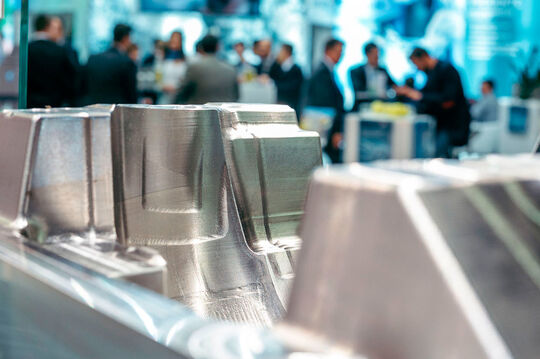Medical CNC machining refers to the use of computer numerical control (CNC) technology in the manufacturing of medical equipment and components. This innovative technology has revolutionized the precision and efficiency of healthcare by enabling the production of high-quality medical devices that are essential for diagnosis, treatment, and patient care.
In the past, the production of medical equipment and components relied heavily on manual labor, which was not only time-consuming but also prone to human error. However, with the advent of CNC machining, healthcare has witnessed a significant transformation. CNC machines are computer-controlled, allowing for precise control and automation of the manufacturing process. This ensures that the medical devices produced are accurate, reliable, and of exceptional quality.
One of the key advantages of medical CNC machining is its ability to fabricate complex and intricate medical components. Medical equipment, such as surgical instruments, implants, and prosthetics, often require intricate designs and precise measurements. CNC machines can effortlessly reproduce these designs with unmatched accuracy, ensuring that the final product meets the stringent requirements of the healthcare industry.
Moreover, medical CNC machining provides healthcare professionals with access to a wide range of materials. Different medical devices require different materials based on their specific applications. CNC machines can work with various materials, including metals, plastics, and ceramics, to produce medical components that are both durable and biocompatible. This versatility allows for the customization of medical devices to meet individual patient needs, resulting in improved treatment outcomes.
Another notable benefit of medical CNC machining is its ability to streamline the production process. Traditional manufacturing methods often involve multiple steps, including cutting, shaping, and finishing, which can be time-consuming and labor-intensive. With CNC machining, these processes can be automated, reducing production time and increasing efficiency. This not only enables faster delivery of medical devices but also reduces the overall cost of production, making healthcare more accessible to patients.
Furthermore, the precision and consistency offered by medical CNC machining contribute to enhanced patient safety. Medical devices produced using CNC technology undergo rigorous quality control measures to ensure that they meet the highest standards of safety and efficacy. This eliminates the risk of human error and ensures that patients receive reliable and effective medical equipment.

Additionally, CNC machining allows for the production of medical devices with intricate features that improve patient comfort and experience. For example, CNC technology can be used to create precision-machined dental crowns and orthopedic implants that are specifically designed to fit a patient’s unique anatomy. This level of customization not only enhances the functionality of the medical device but also improves patient satisfaction and overall treatment outcomes.
Medical CNC machining has transformed the healthcare industry by revolutionizing the precision and efficiency of medical device manufacturing. This technology offers numerous advantages, including the ability to produce complex and intricate components, work with a wide range of materials, streamline the production process, and improve patient safety and comfort. As we continue to advance technologically, the integration of CNC machining in healthcare is expected to further enhance the quality and accessibility of medical devices, ultimately improving patient care.
-

- Autoteile aus Magnesiumlegierung Druckguss Seitenstufe Trittbrett
-

- Starrgabel aus Magnesiumlegierung für Fahrräder - kundenspezifische Druckguss-Metallteile
-

- Thixomolding-Druckguss-UAV-Teile aus Magnesiumlegierung
-

- OEM-Druckgusskomponenten und -teile
-

- Teile & Komponenten für Fahrradfedergabel für MTB
-

- Beliebtes Kindersportfahrrad Hochwertiges Kinderlaufrad Kinderfahrrad

 0086-750-5616188
0086-750-5616188 +86 13392089688
+86 13392089688 sales@zhongmei-tech.com
sales@zhongmei-tech.com







